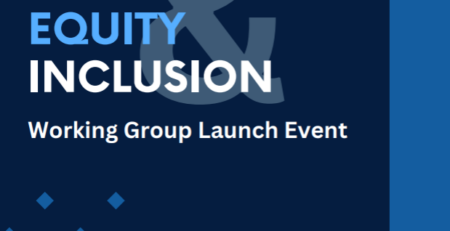Benefits of high speed internet: BDUK case study research
DCMS has published a BDUK paper on the benefits of gigabit-capable connectivity made possible through the DCMS Gigabit Broadband Voucher Scheme which ran from March 2018 to May 2020.
High level findings:
- Gigabit voucher recipients are generally positive about their fibre connection.
- Residents reported mixed experiences; for some the connection does not make a huge difference while for others it provides confidence in considering future plans. Residents in rural areas reported lower level use, for example daily communications, online finance and entertainment.
- SMEs are using connections at low levels for general admin in care homes, online retail, event management and outdoor cinema events. SMEs reported higher level use and include industries such as gaming, TV and film, and digital content.
Barriers to uptake:
- The benefits of fibre are not always clear.
- Although it is encouraging that fibre connections are available outside of larger cities, the cost is still a deterrent to residents and SMEs due to limited supplier options. B4RN communities offer substantially lower monthly rates than the competitor who offers only a copper connection (much lower bandwidth capacity than fibre).
- Some are satisfied with existing copper connections; others with fibre couldn’t really feel a difference for their use of TV and day-to-day emails.
- Fibre is not a clear choice for everyone without considering other factors such as price and ease of switching.
- Business level affordability and flexibility in contract terms is a barrier for seasonal businesses who need short term contracts and have lower level incomes.
- Awareness of the technical functionality and terminology leaves users unsure and unaware of what type of connection they are currently on which may be acting as a disincentive to upgrade. Unclear labelling or messaging around ‘fibre speeds’ and the installation of actual fibre optic connections led to people thinking they already had fibre connections.
BSG’s report by WIK Consult Moving to a fibre-enabled UK: International experiences on barriers to gigabit adoption published in June looked at how France, Germany, Italy and Sweden have handled the challenges involved with growing take-up. WIK identified four broad areas where there could be useful lessons for the UK, two of which are relevant to the BDUK paper:
- Address advertising and customer communications to improve consumer and business understanding of the benefits of gigabit broadband – and ability to distinguish between the broadband networks available to them. Government and Ofcom could consider developing and adopting a labelling system that enables consumers to make informed purchasing decisions, including by allowing them to better compare services they are contemplating. Options pursued in other countries include labelling systems based on “traffic lights.” Government could also consider providing funding to local authorities to support the marketing of gigabit broadband which is being deployed through Government aid programmes.
- Incentivise take-up of new gigabit broadband connections and address issues of affordability for businesses and consumers. Building on previous experience, Government could consider expanding on its existing voucher schemes. Besides extending schemes which subsidise the cost of new connections, Government could consider whether there may be value in schemes which incentivise customers to upgrade to gigabit-capable broadband lines in areas where such lines have been deployed. Such support could be universal, or, if desired, could be targeted towards those facing specific challenges with affordability or groups which risk being left behind. Vouchers to support the provision of gigabit connectivity for public institutions including schools and hospitals could also be considered.
WIK’s report can be found in full here.





